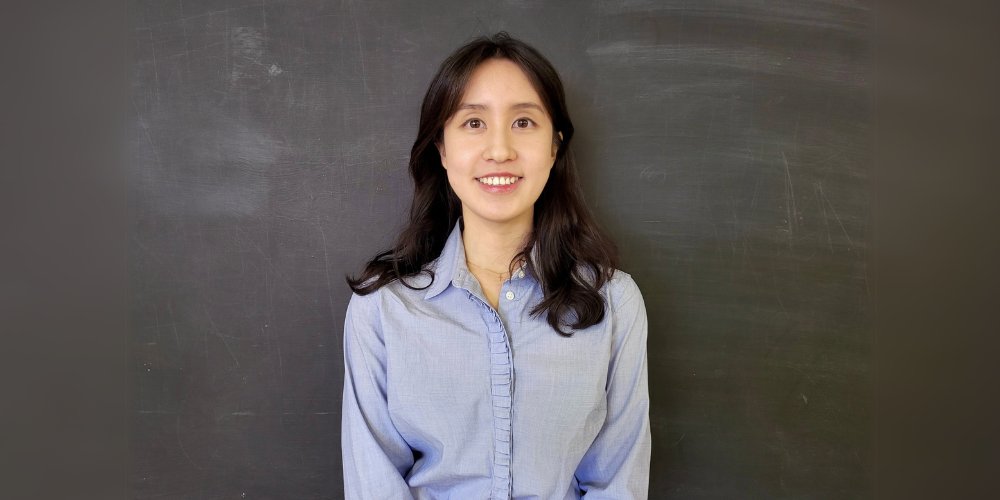
Mina Huh, a computer science Ph.D. student at UT Austin, has been awarded a Google Ph.D. Fellowship, the company announced on November 14.
Started 15 years ago, the Google Ph.D Fellowship recognizes exceptional graduate students working in computer science and other related fields. Huh, a Human-Computer Interaction fellow, joins over a dozen other students from the U.S., India, England, Switzerland and South Korea. The fellowship includes full tuition and fees for up to two years, a stipend for living and travel expenses, as well as support from a Google Research Mentor.
Her previous research built generative systems to empower blind and visually impaired content creators to edit videos, improve web designs, and generate images. The paper debuting GenAssist, a text-to-image generation system that makes content creation more accessible to blind and visually impaired users, won the Best Paper Award at ACM UIST 2023.
“A lot of accessibility work has focused on supporting blind people to understand visual content, but recent advances in large-scale generative models can enable them to create new types of content,” Huh said.
Huh’s most recent work evaluates AI visual assistant outputs for accuracy in image description.
“It is really rewarding and motivating that Google Ph.D. Fellowship recognizes the value of our research,” Huh said. “With this opportunity, I look forward to expanding my research and collaborating with Google Research.”



